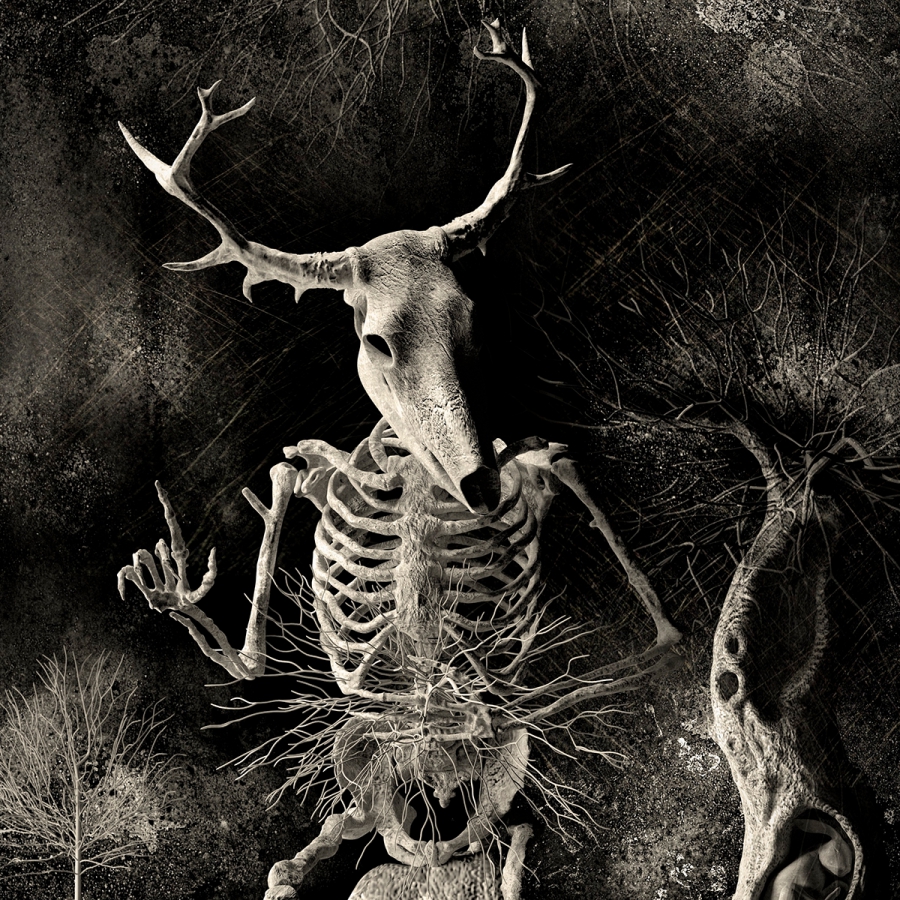Spooky Pooka, a professional illustrator and artist who works with computer-generated imagery technology, is the overall winner of the Wellcome Image Awards 2017 for his representation of the physical and emotional experience of having Crohn’s disease.

The illustrator, who works in a studio in Brighton, England, is himself a Crohn’s patient. His winning work is titled “Stickman – The Vicissitudes of Crohn’s (Resolution).”
“This image is a stunning representation of what it must be like to have Crohn’s disease,” Fergus Walsh, a BBC medical correspondent who was on the panel of judges, said in a press release. “It’s like nothing I’ve seen before in terms of the portrayal of someone’s condition: it conveys the pain and torment the sufferer must go through. The image really resonates and is beautifully composed: it’s a haunting piece.”
Other award-winning entries included Mark Bartley’s close-up photograph of an iris clip, used to treat near-sightedness and cataracts. Bartley is only the second person to win the Julie Dorrington Award for outstanding photography in a clinical environment.
“This extreme close-up shows the expertise of the clinical photographer in illustrating with such clarity and precision this minuscule lens that, clipped by a surgeon into the human iris itself, can restore a patient’s vision,” said Catherine Draycott, head of Wellcome Images and chair of the judging panel.
Besides Bartley, a painting titled “Hidden Learning” was also recognized for exploring what women feel they keep hidden in the work environment. The veil seen in this image is made up of the structure of a sugar molecule, contributed by one of the participating scientists.
Hidden Learning is part of a project at the University of St. Andrews called Chrysalis, which was designed to bring women scientists at all stages of their careers to talk about these issues and seek advice and inspiration. Chrysalis was part of the Women in Science Festival in 2016, to examine how creativity and imagination were required as well as integrity and precision, when pursuing scientific research.
All winning images will be exhibited at Wellcome’s London headquarters. They’ll also be shown at 12 science centers, museums and galleries across Britain, as well as at Moscow’s Polytechnic Museum and the Africa Centre for Population Health in Myeki, South Africa.
The awards have been held annually since 1997 to reward contributors to the Wellcome Images collection for their outstanding work.

